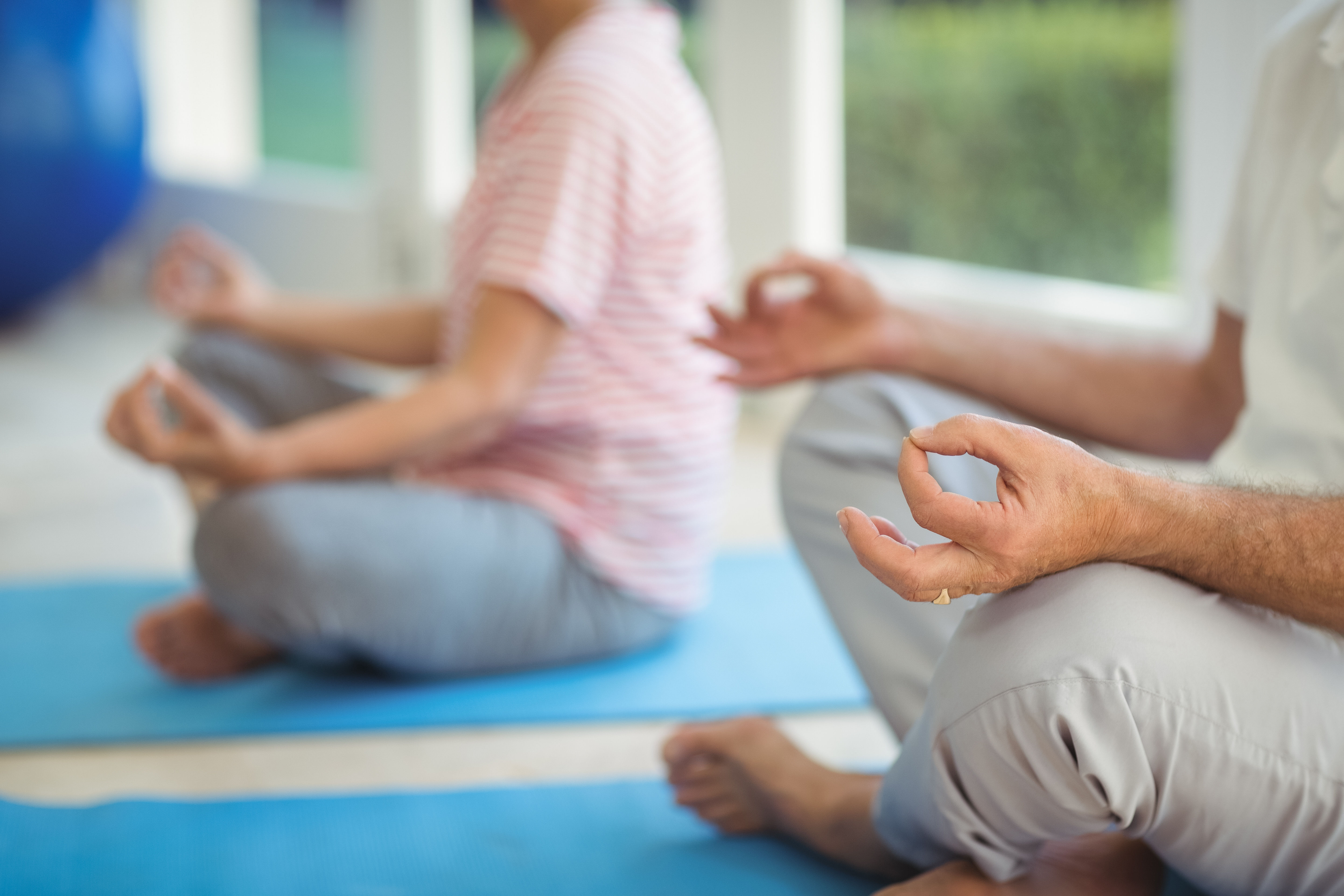How Seniors Can Take Care of Their Mental Health
Though resilience against stress and anxiety may build up with years of experience, older adults are still vulnerable to mental health issues, especially if they suffer from other medical conditions and disabilities. As revealed by the Centers for Disease Control and Prevention, 1% to 3% of older adults suffer from depression. That percentage increases among individuals that require special care, with depression affecting 13.5% of adults that require home healthcare, and 11.5% of adults in-...
Though resilience against stress and anxiety may build up with years of experience, older adults are still vulnerable to mental health issues, especially if they suffer from other medical conditions and disabilities. As revealed by the Centers for Disease Control and Prevention, 1% to 3% of older adults suffer from depression. That percentage increases among individuals that require special care, with depression affecting 13.5% of adults that require home healthcare, and 11.5% of adults in-hospital care. Symptoms of depression include persistent sadness, difficulty sleeping, unexplained physical pain, weight changes, and a withdrawal from physical activities.
And depression is only one among the many different mental health issues older adults might experience. For older adults to protect their quality of life, they need to keep their minds protected from the risks of mental health decline. Here are a few ways seniors can take care of their mental health.
Get Screened Early
To best protect yourself against mental health issues, you need to spot the warning signs before they get worse. Mental Health America has free online screening tools older adults can use to determine whether they are experiencing symptoms of depression, anxiety, bipolar disorder, or other mental health issues. The results can help patients determine whether they need to seek further intervention.
Older Adults can also leverage their Medicare plans to get more thorough assessments of their mental health. Medicare Part B, which is Medicare’s medical services coverage, can help patients pay for an annual depression screening at a doctor’s clinic. Medicare Part B can also cover diagnostic tests and psychiatric evaluations.
Stay Active
Regular physical activity is widely known to help individuals minimize the risk of mental health decline. Exercise releases endorphins, which help boost overall mood and reduce stress. Building physical strength also protects individuals from physical conditions that cause pain and contribute to emotional distress. The general recommendation for seniors is to achieve 150 minutes of moderate-intensity aerobic activities each week.

Seniors can stay active by making exercise part of their weekly routine. If you don’t know where to get started, check whether your insurance plan offers senior-focused fitness benefits. KelseyCare explains how Medicare Part C plans are private insurance plans that include Medicare Parts A, B, and D, and can include memberships to senior-focused fitness programs like Silver Sneakers. These programs give members access to learning resources like instructional videos and live classes, which are designed to help seniors navigate physical activity given the limitations of age.
Practice Mindfulness
Mindfulness refers to the practice of becoming more aware of your feelings, thoughts, and surroundings. By increasing awareness of what’s going on internally and externally, individuals that practice mindfulness can better manage concerns that may otherwise overwhelm them. And just like with physical activity, making mindfulness part of your daily routine can help improve mood and strengthen your ability to withstand stress. Some mindfulness activities you can try are meditation, yoga, and tai chi.

See A Professional
Individuals that need outside support should seek the services of professionals, such as therapists, psychiatrists, or counselors. These professionals can help you identify the best strategies for coping with mental health stresses. And like with depression screenings, Medicare can also help seniors pay for mental health services, such as psychotherapy and family counseling.
However, if you’re not ready to commit to the cost of seeing a professional, there are still ways to get support. The HolyJot App can connect you to a network of coaches, therapists, and counselors, who can help you reflect on your day-to-day concerns. Coaches can provide support for everyday challenges and help you determine how to change your mindset for the better. And with the app’s journaling features, you can also write down thoughts and feelings to better track your progress.
Mental health issues affect everyone, no matter how old they are. However, with early screenings, physical activity, mindfulness, and seeking support, seniors can better protect their minds from stress and decline.
